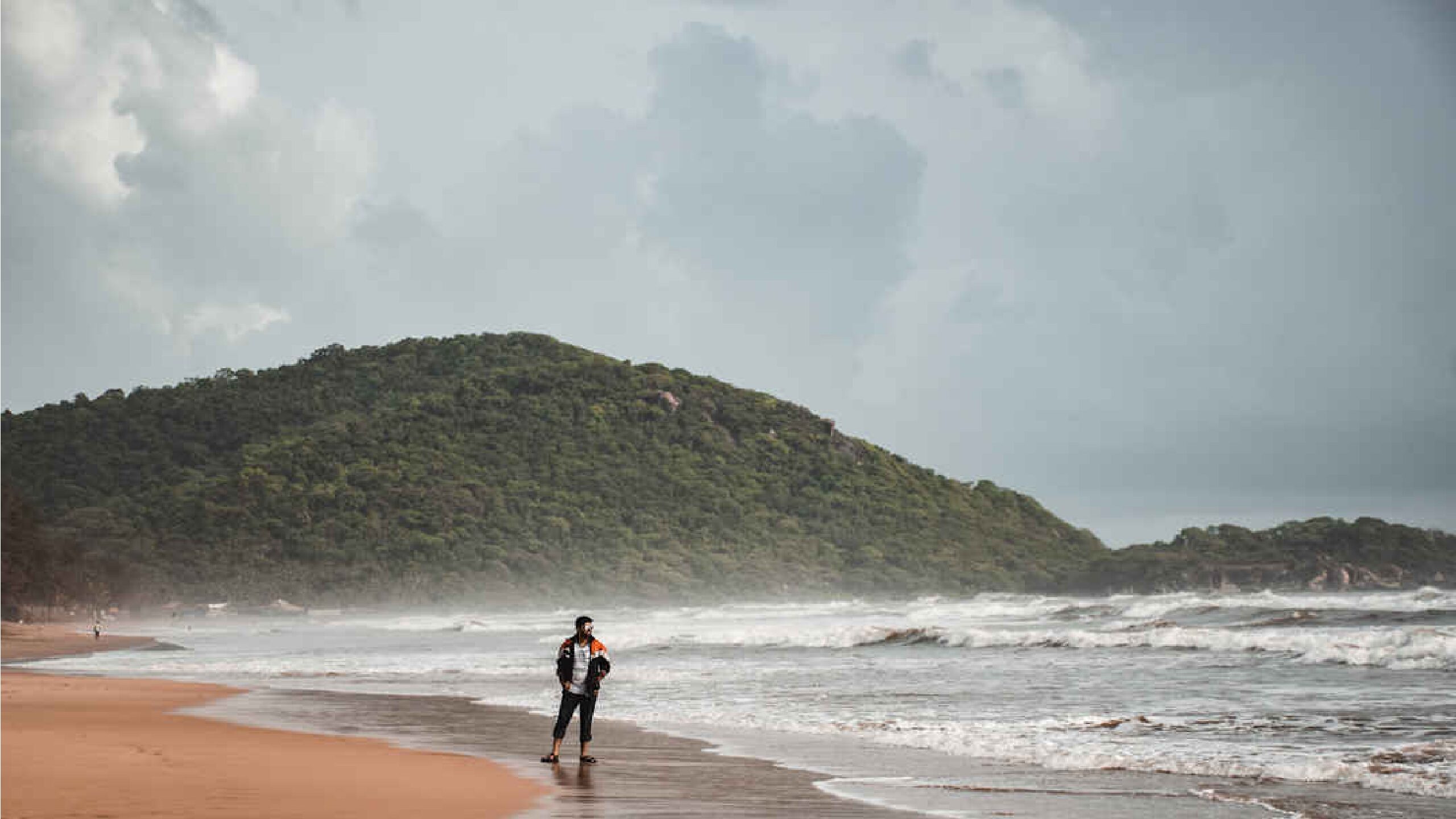Musings by Shekhar Nambiar
I have been following the weather and weather patterns purely out of amateur interest for the last several years. Without getting into the politics of it – climate change, conventions, protocols et al – I can say with a fair degree of certainty that weather predictions are and can never be one hundred percent accurate.
Also read: Beatles: The legend lives on
There are exceptions where reasonably accurate predictions are made using whatever models for such things.
Many years ago – 1988 to be precise – I happened to be in Washington DC during the month of May. I was staying close to the landmark Watergate building at Foggy Bottom, not too far from the Kennedy Center.
On a particularly warm Sunday morning out of curiosity I watched the weather forecast for the day and heard the anchor talk of precipitation in the DC area and surrounds early afternoon around 4 pm. Sceptic that I was I didn’t give much thought to the forecast in my typical disdain for the weatherman.
Also read: A journalist I have silently admired
Cloud burst in Washington DC
I stuck to my planned sojourn and stepped out of the comfortable environment of the hotel. A couple of hundred metres of walk and I was at Foggy Bottom and then, lo and behold, came this heavy downpour, a cloud burst really but so intense that in no time the Underground was closed due to flooding of the tracks. As I managed to scramble under a shop awning, I saw an African-American man standing there, possibly in anticipation of the rain, making the most of it – selling umbrellas of different hues and sizes. Worried that I was, and realising how an umbrella can come in handy, I bought one for myself. In no time the man had run out of his stock. That’s when I realised how important it is for accurate weather predictions. By late afternoon, 7 or 7.30 pm for the Americans, the Potomac just behind my hotel was in near spate.
Since then and now the Krishna and Cauvery between them must have emptied thousands and thousands of gallons into the Bay of Bengal. Not sure how many times the weatherman must have forecast correctly or gone completely wide off the mark.
I have deliberately chosen the title of the article from Alexander Frater’s ‘Chasing the Monsoon: A Modern Pilgrimage Through India’. It’s a delightful book about the author’s journey in 1987, chasing the monsoon through India, from the start near Kerala’s southern tip to across India capturing the essence and romance of not just the monsoon but also the people and their culture.
Also read: You need to hang in there!
Predictions often go wrong
I am no weather person or scientist but I often think how many monsoon predictions must have gone wrong. This, despite the supercomputers, Cray series, or whatever it is they’re called, we have acquired over time.
In the context of the current monsoon season and its advance or progress, or lack of it, too it was predicted to hit the southwest coast on time. Not only did it arrive late, but when it finally did, the monsoon has come with such fury and force that Mumbai and other parts of Maharashtra, Karnataka and Kerala are all reeling under its influence.
Misery, suffering
The monsoon has wrought misery and suffering, as it always does. The most affected are the poor and homeless. This is hardly surprising but it could have been avoided if we’d had a more accurate early warning system that would have the administration ready and be prepared.
Whilst it is true that no early warning system can be one hundred percent accurate or foolproof, some sort of alerts can act as a warning to people in low lying or coastal belts, who are more prone to danger from extreme weather.
Whatever it is I still cannot forget that Sunday in DC, sitting in my room in Georgetown, the near-accurate forecast of the storm. That’s how close we should aim to get to in our weather forecasts.





I too ‘am a weather watcher like you , having grown up in the north where the onset or the signs of the approaching north west monsoon always evoked much interest .
One would marvel at the elderly for their uncanny ability to sense the oncoming rain much before IMD satellite images were available !
The geography lessons at school ,later ,taught us that the monsoon clouds always approached from a westernly direction. The purvayi as the farmers lovingly called those winds that changed direction overnight!
The cheer and the sweet smell of earth that the first torrent brought still remain fresh in my mind .
But the weather used to always keep its date with us back then .
Coming home drenched from school and as if that was not enough heading straight back outdoors after dumping our school bags at home to get some more ! The cheer that the rains brought was so palpable in all , plant or animal.
Now one has the IMD satellite images , the wind direction, humidity and temperature data and the weather man’s predictions and what not , all available at the flick of one’s thumb , yet the weather more often than not gives everyone the slip at the last moment and prefers instead to spring surprises.
Our generation is the first witnesses to the environmental degradation that is the cause for these changing weather patterns and the looming possibility of an environmental disaster. We should own the responsibility to support all measures to protect the environment.
Time we drove the world back to the days of the humble paper wraps and recycled milk bottles and simple lives , making do with public transport or our own limbs , grow our own food enjoy nature as it is meant to be and not interfere in its affairs .
Let us live and let live !
Rajshekhar Nambiar,
Bangalore
Your comment is awaiting moderation
I too ‘am a weather watcher like you , having grown up in the north where the onset or the signs of the approaching south west monsoon always evoked much interest .
One would marvel at the elderly for their uncanny ability to sense the oncoming rain much before IMD satellite images were available !
The geography lessons at school ,later ,taught us that the monsoon clouds always approached from a westernly direction. The purvayi as the farmers lovingly called those winds that changed direction overnight!
The cheer and the sweet smell of earth that the first torrent brought still remain fresh in my mind .
But the weather used to always keep its date with us back then .
Coming home drenched from school and as if that was not enough heading straight back outdoors after dumping our school bags at home to get some more ! The cheer that the rains brought was so palpable in all , plant or animal.
Now one has the IMD satellite images , the wind direction, humidity and temperature data and the weather man’s predictions and what not , all available at the flick of one’s thumb , yet the weather more often than not gives everyone the slip at the last moment and prefers instead to spring surprises.
Our generation is the first witnesses to the environmental degradation that is the cause for these changing weather patterns and the looming possibility of an environmental disaster. We should own the responsibility to support all measures to protect the environment.
Time we drove the world back to the days of the humble paper wraps and recycled milk bottles and simple lives , making do with public transport or our own limbs , grow our own food enjoy nature as it is meant to be and not interfere in its affairs .
Let us live and let live !
Rajshekhar Nambiar,
Bangalore
REPLY